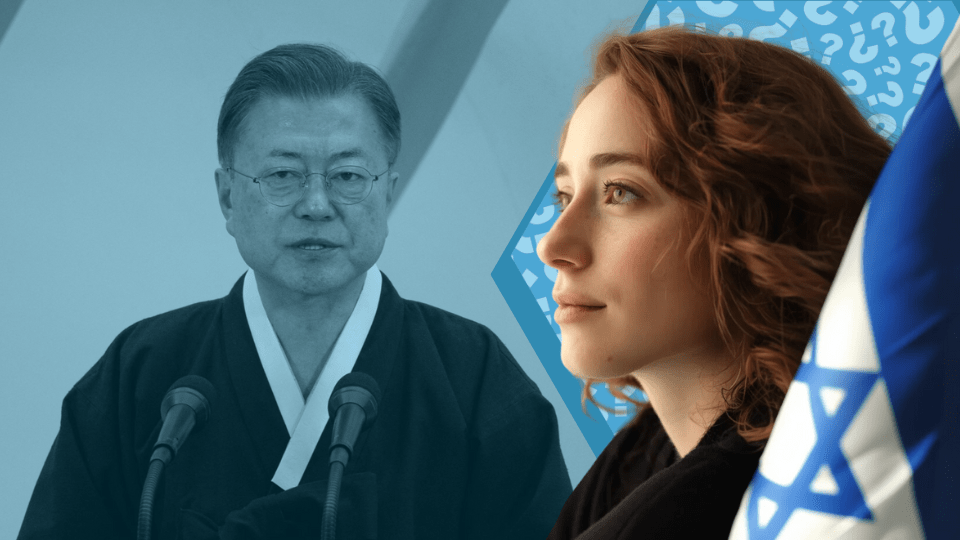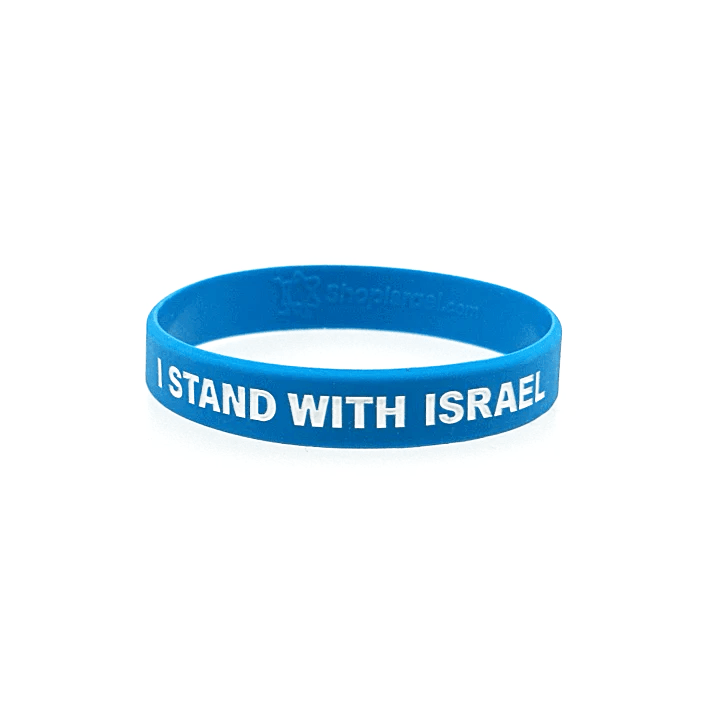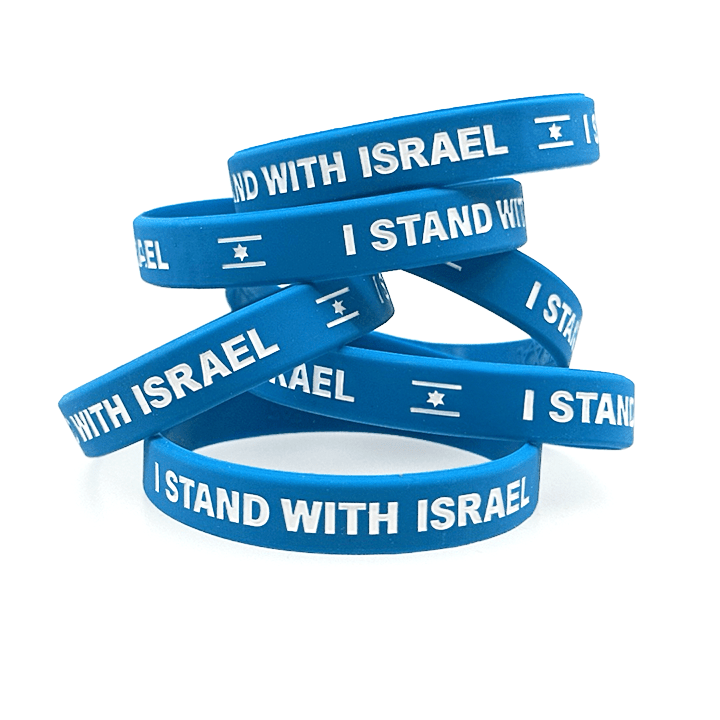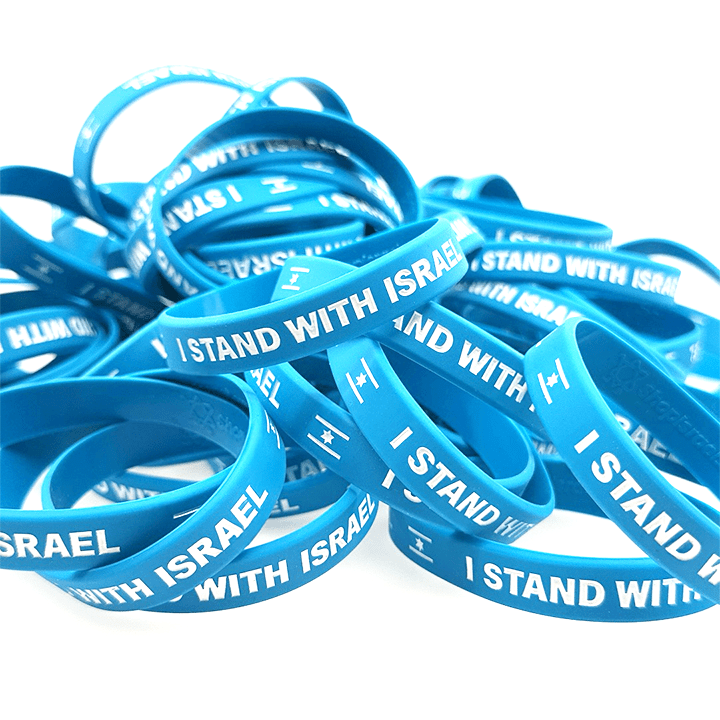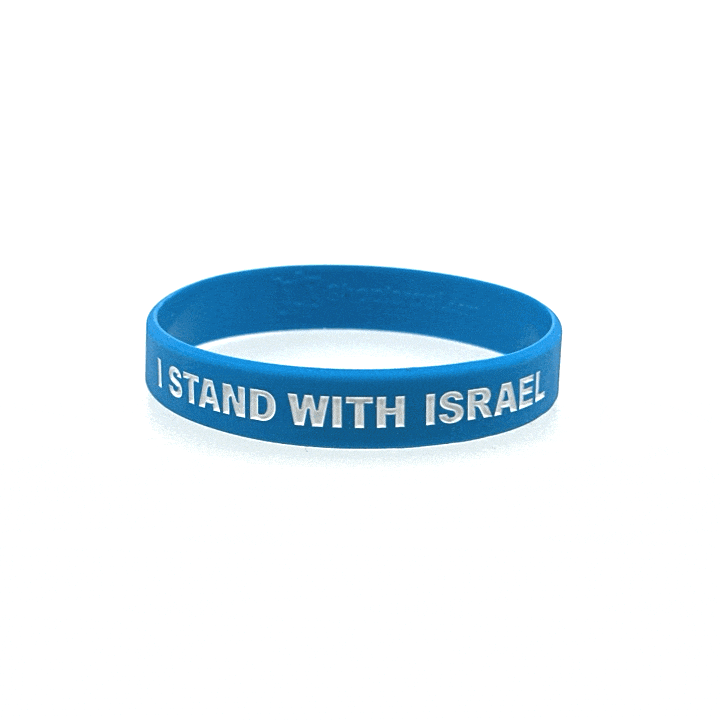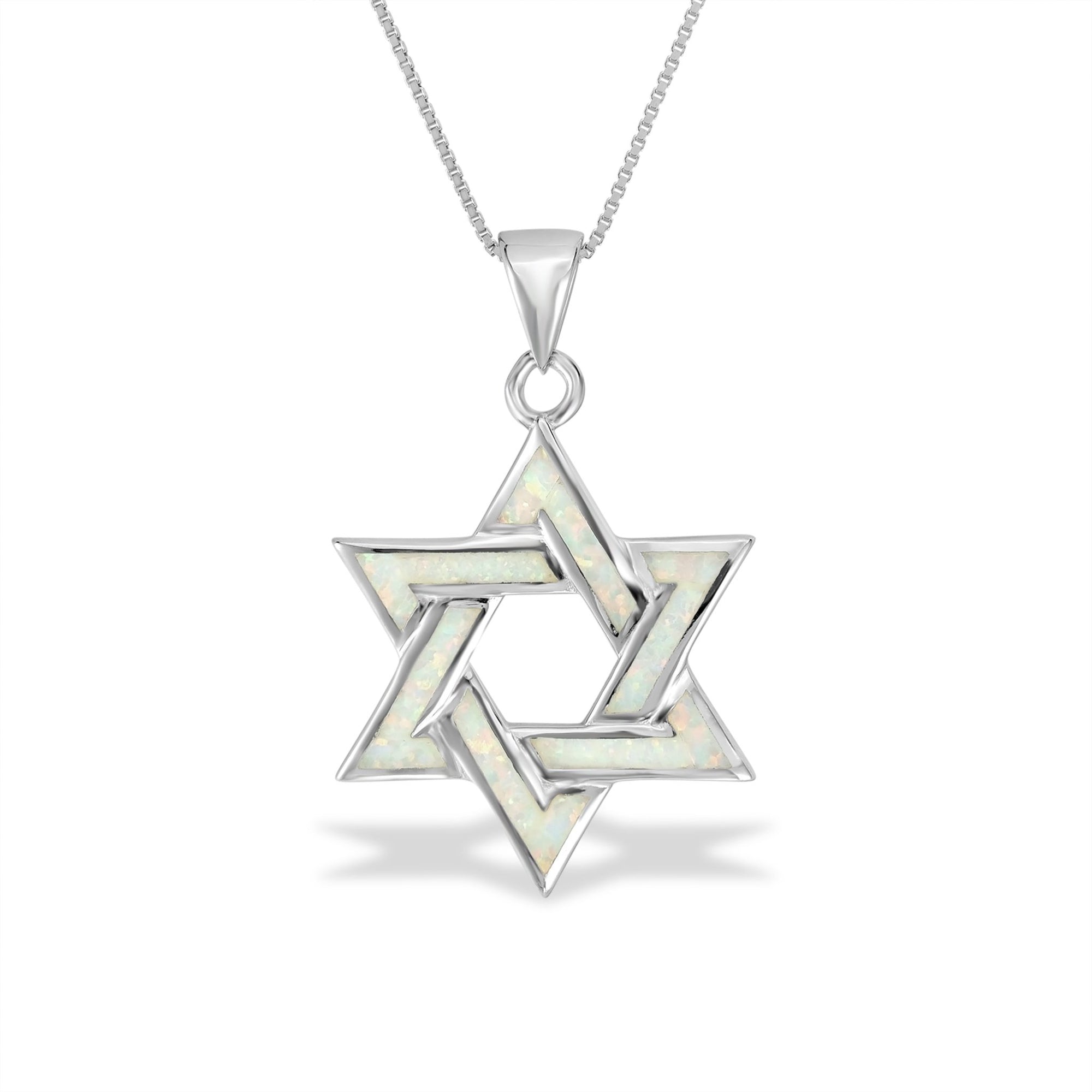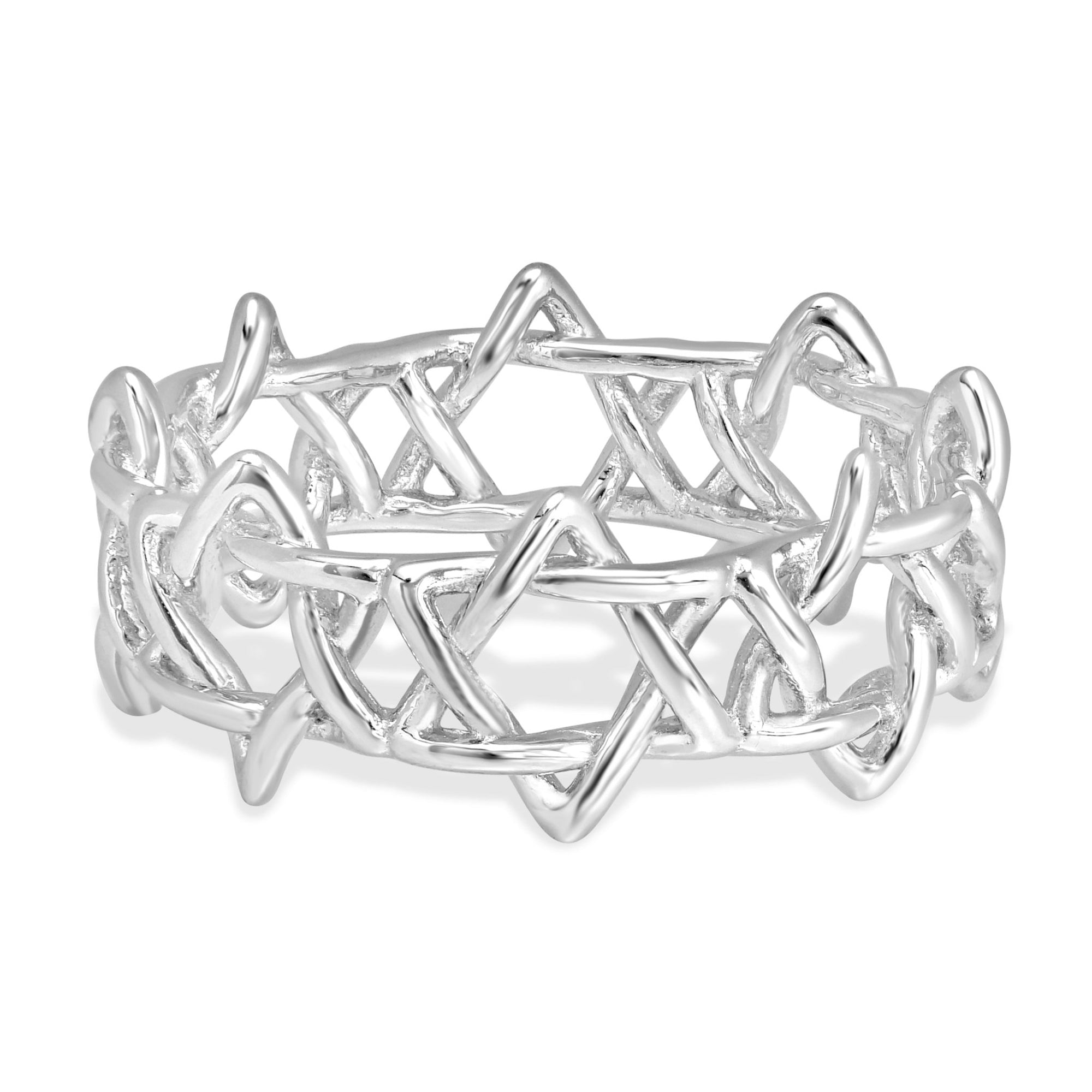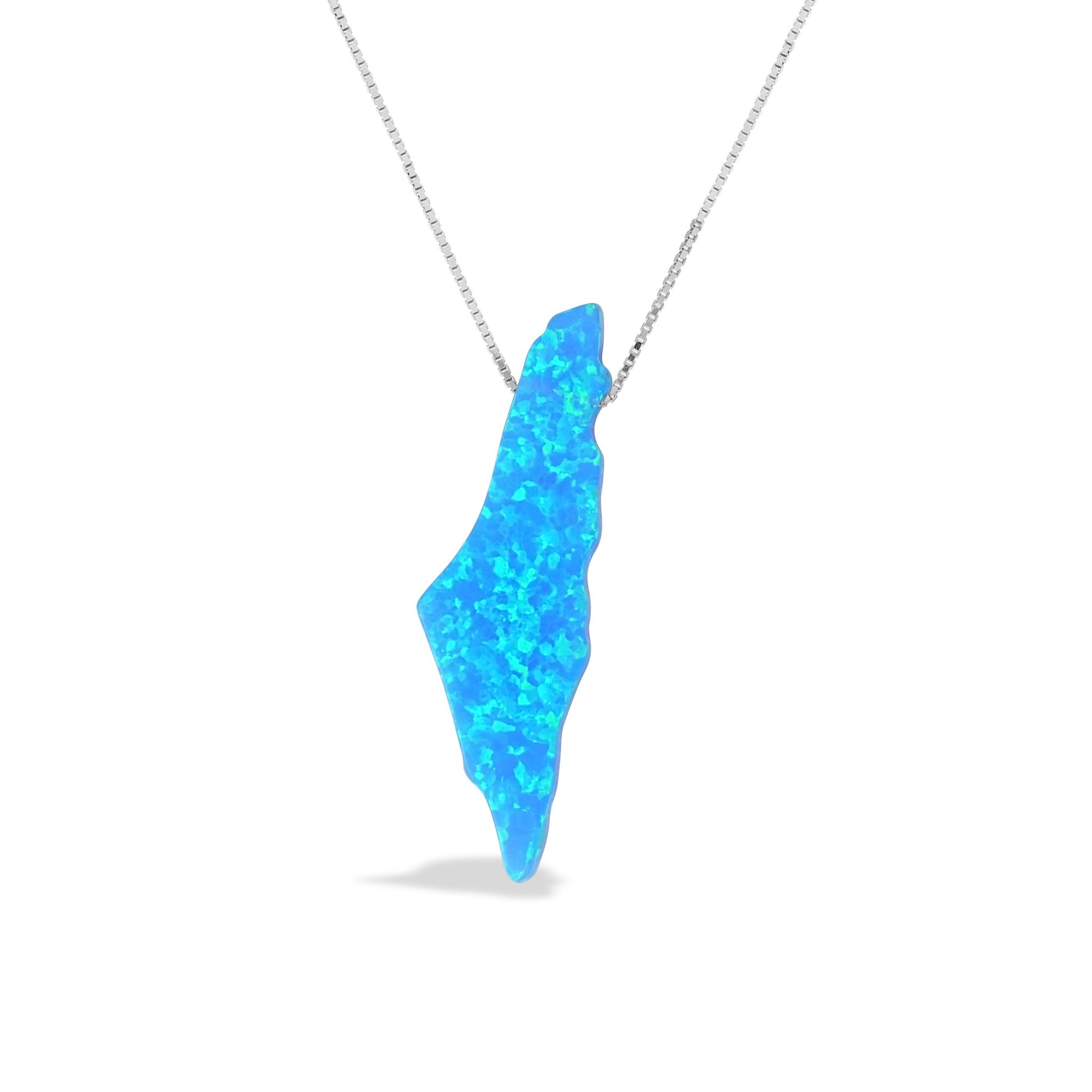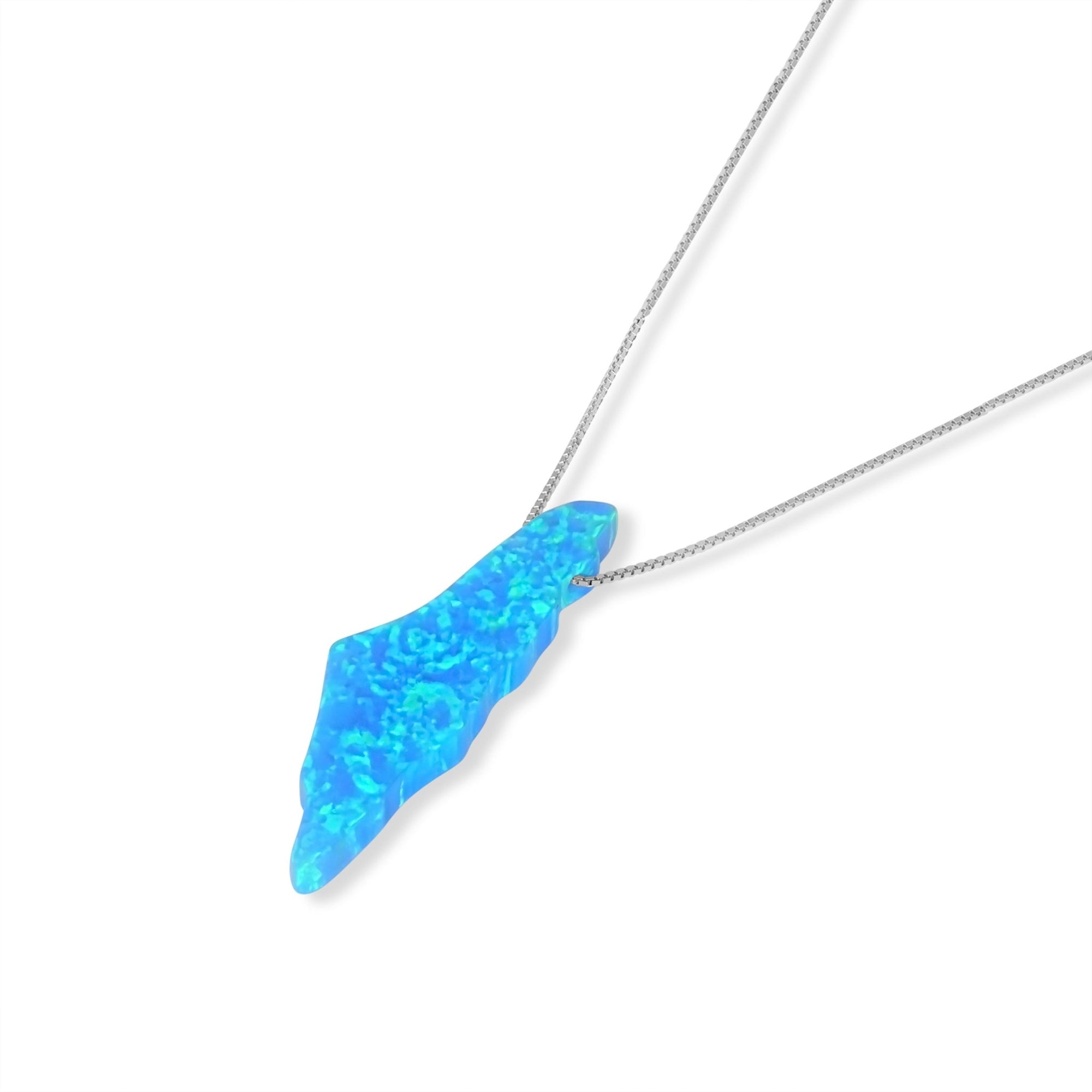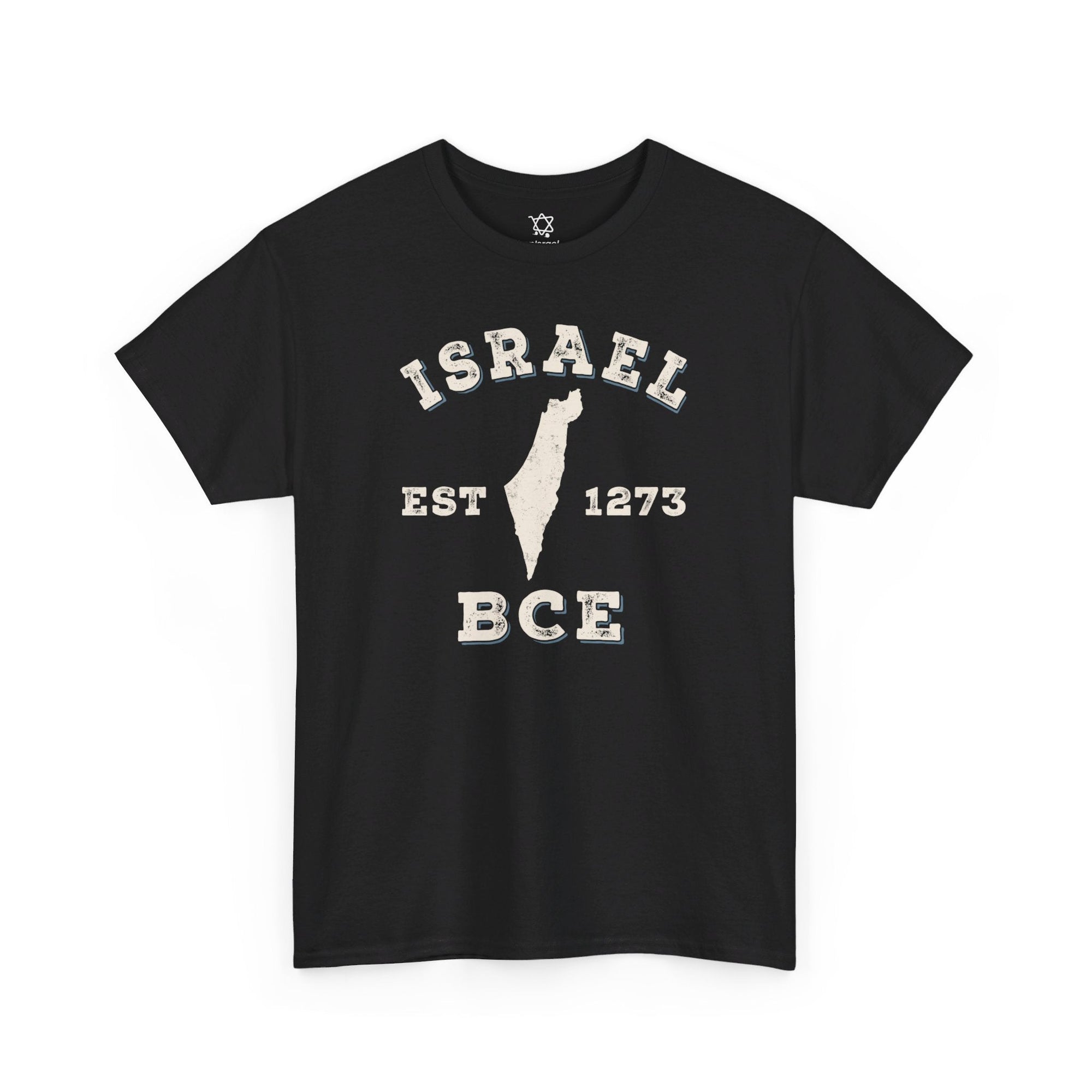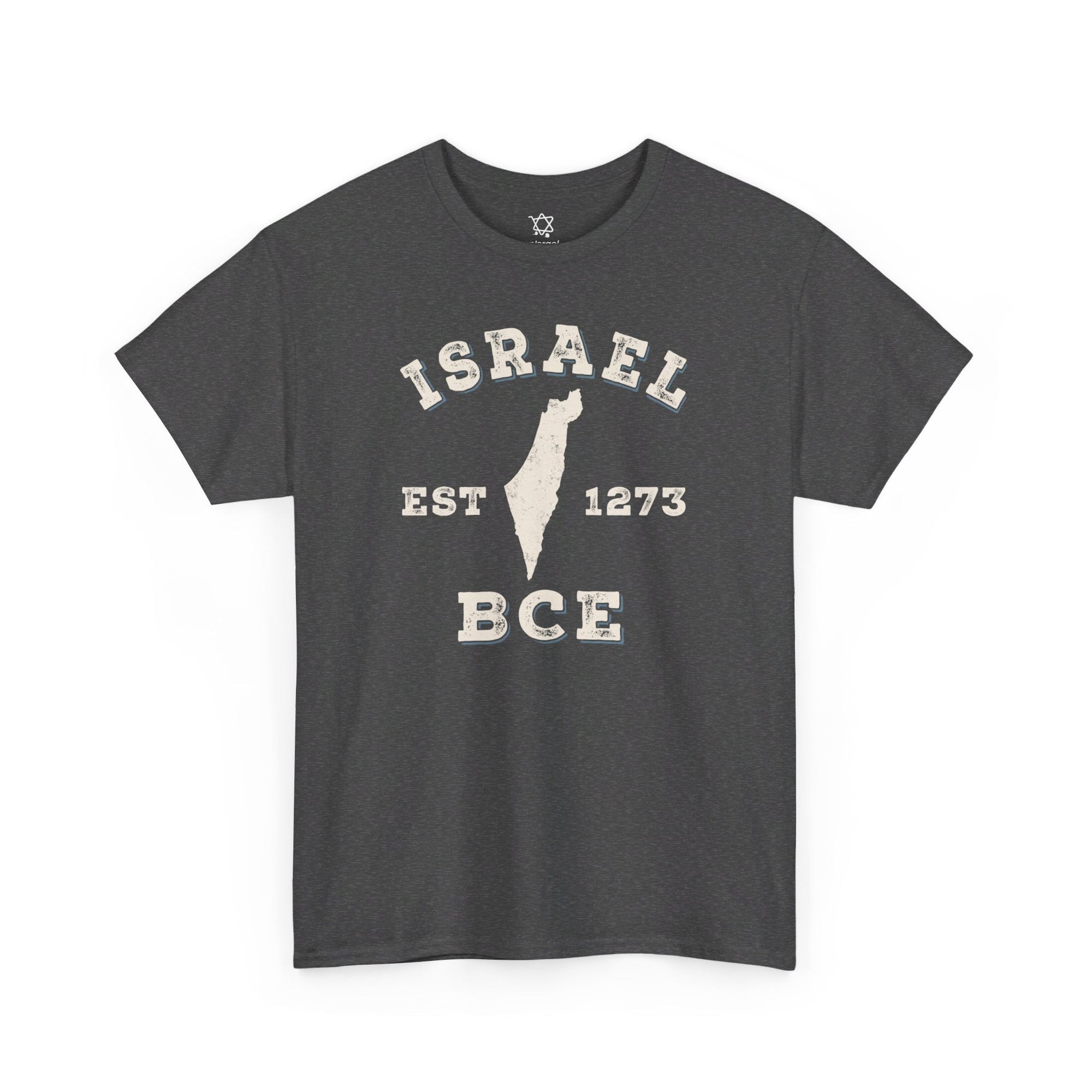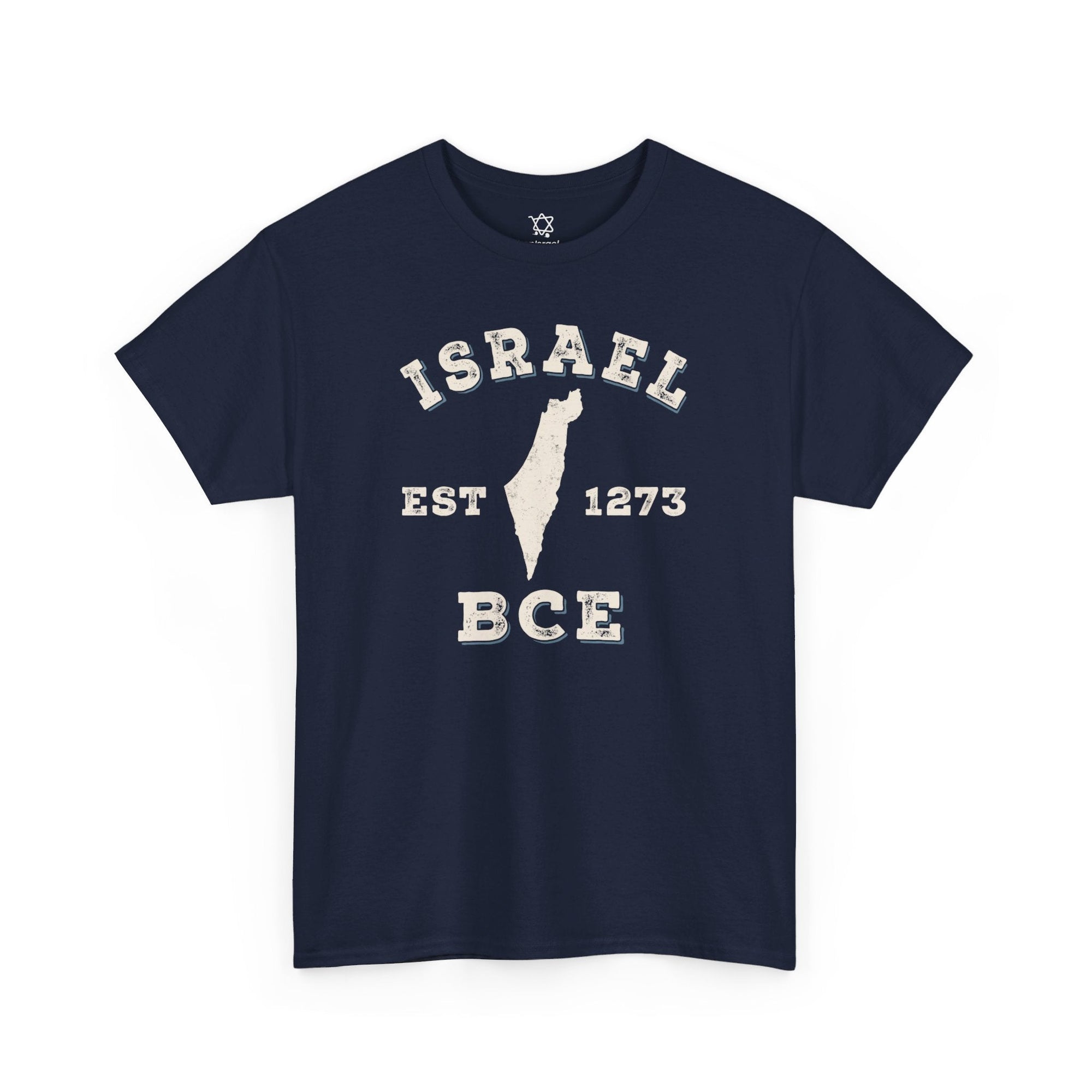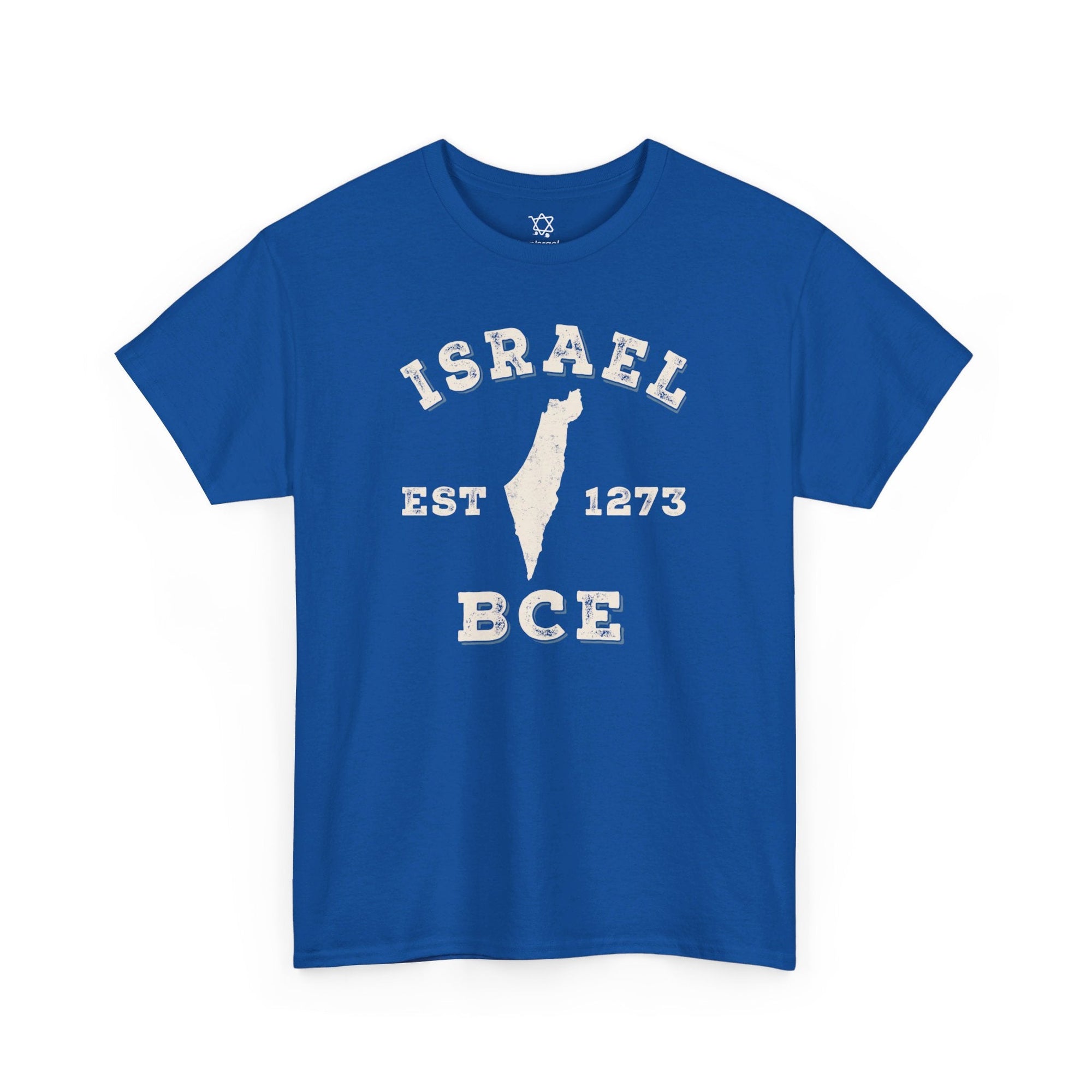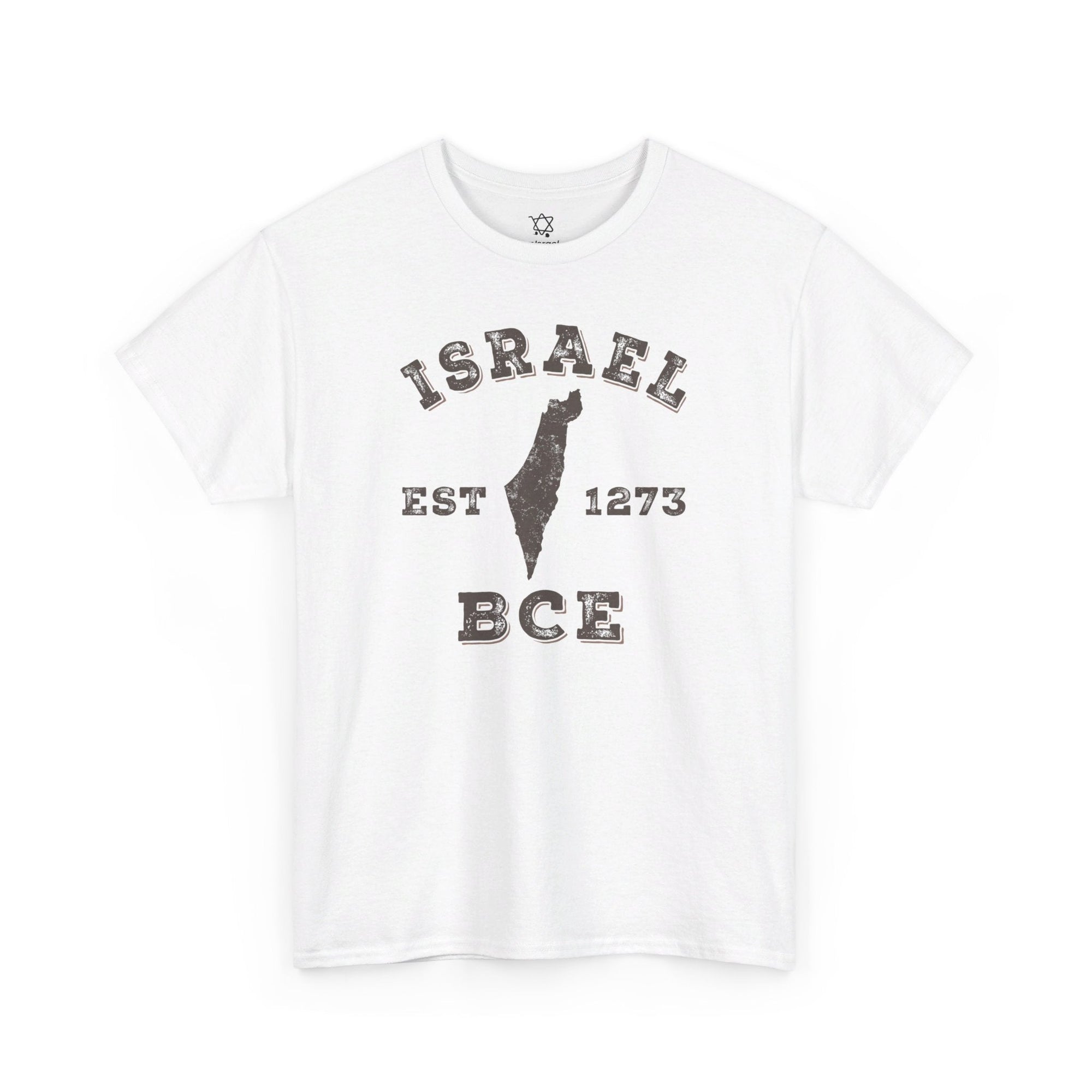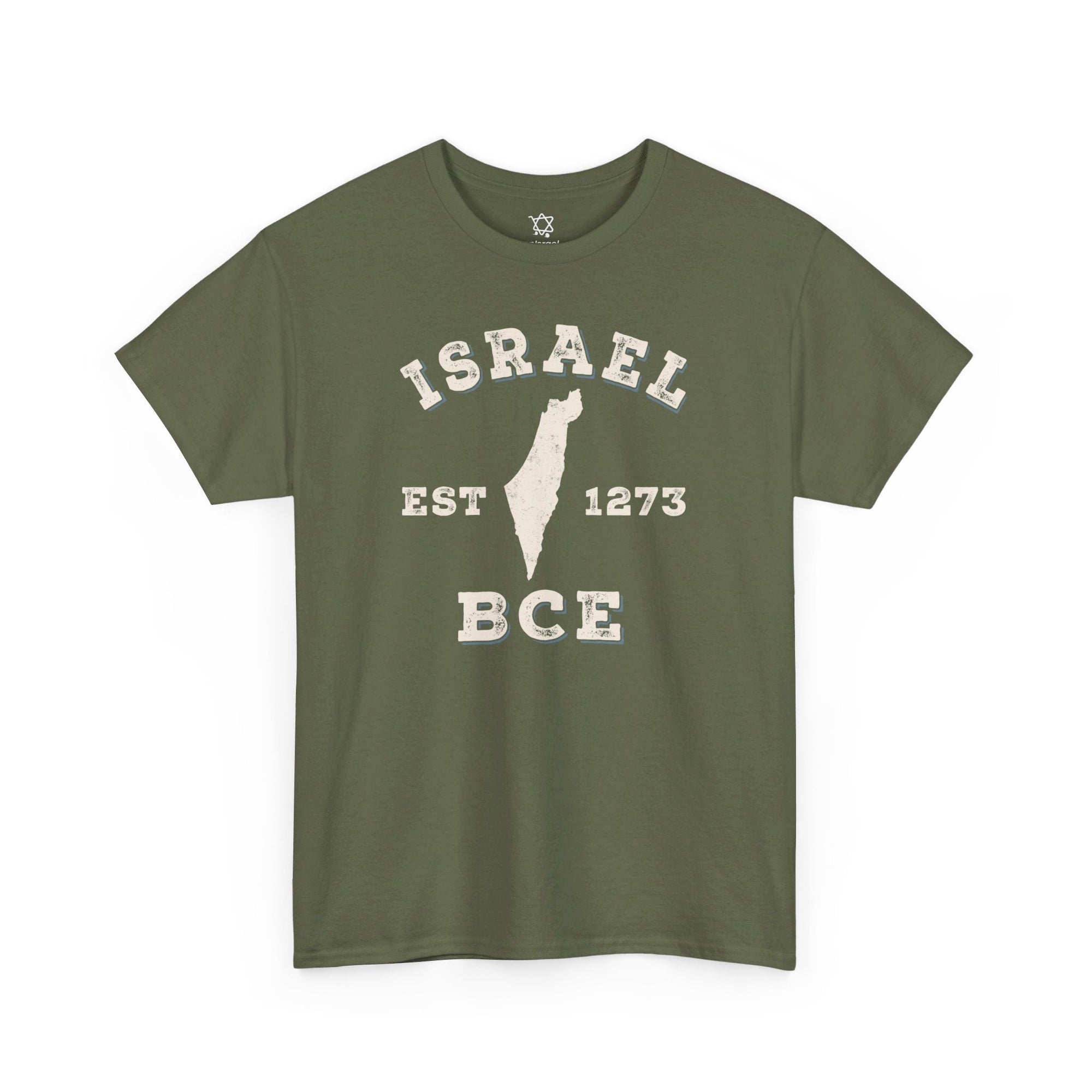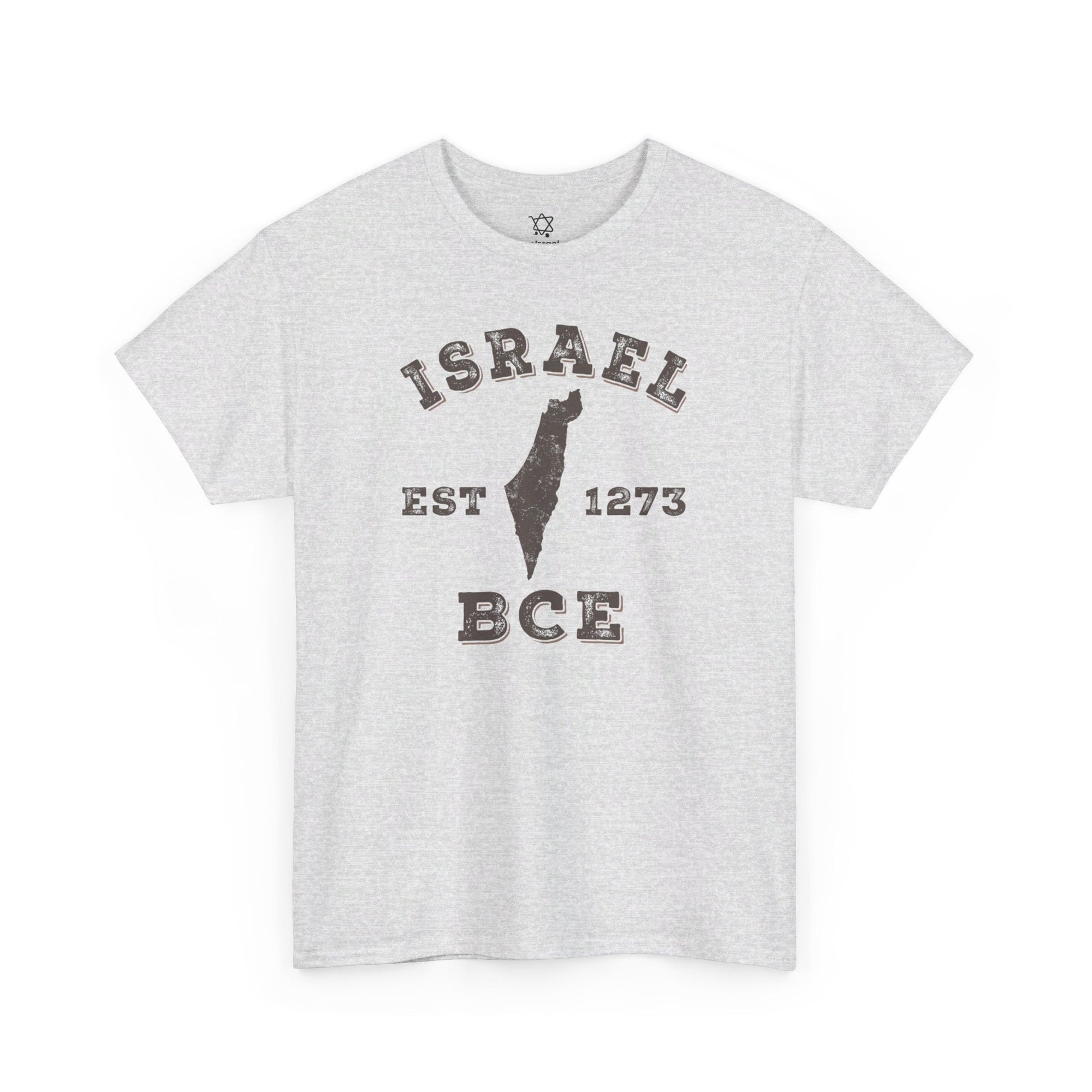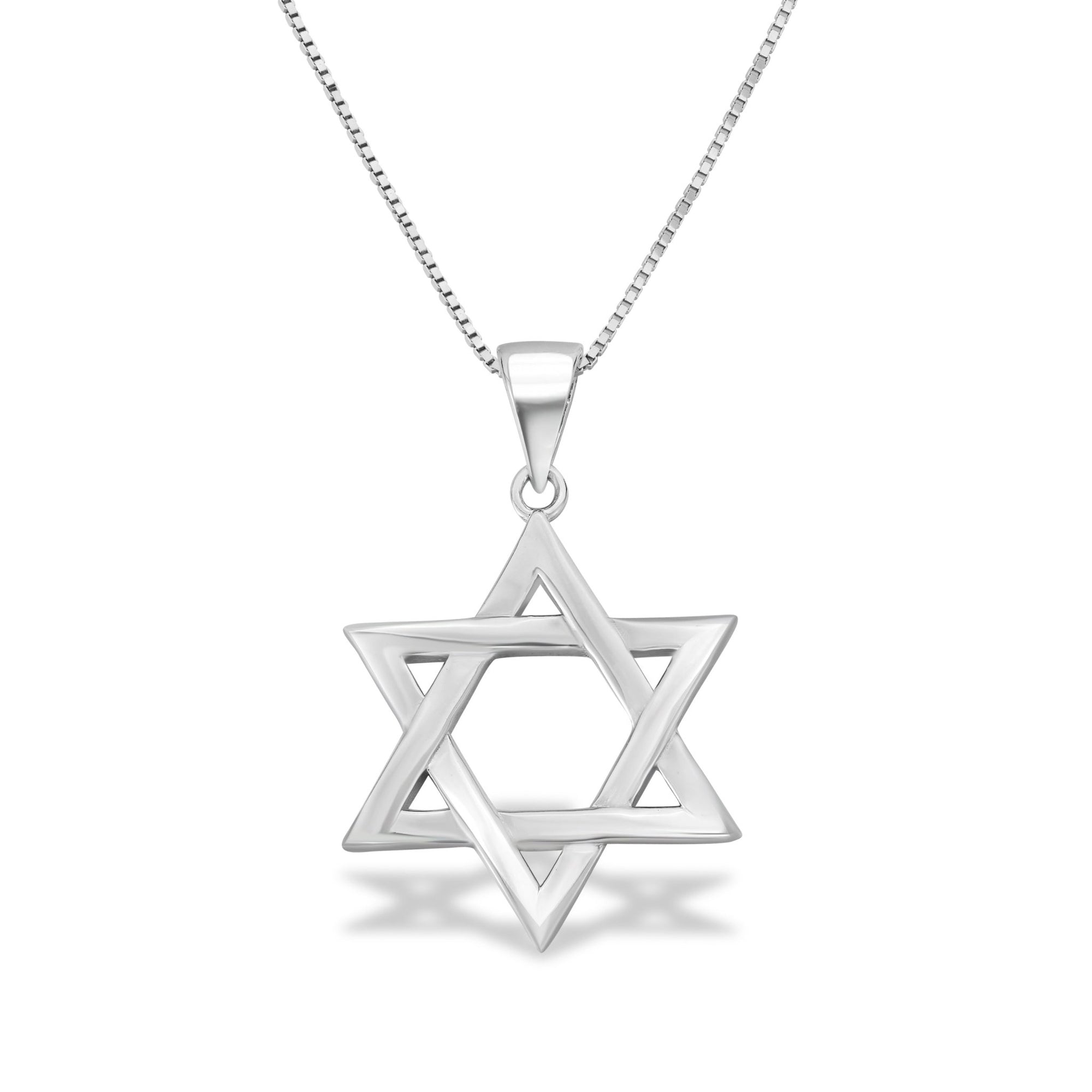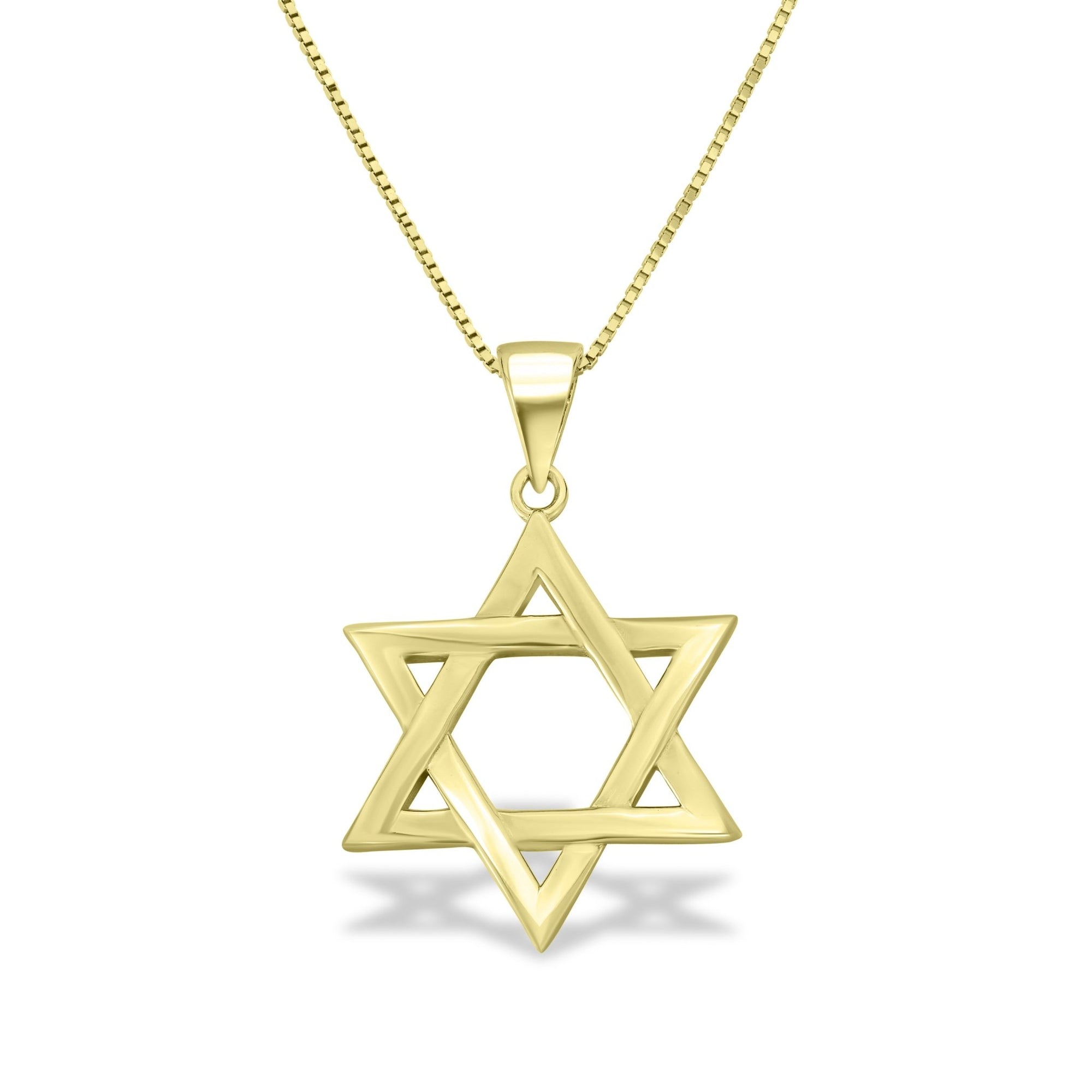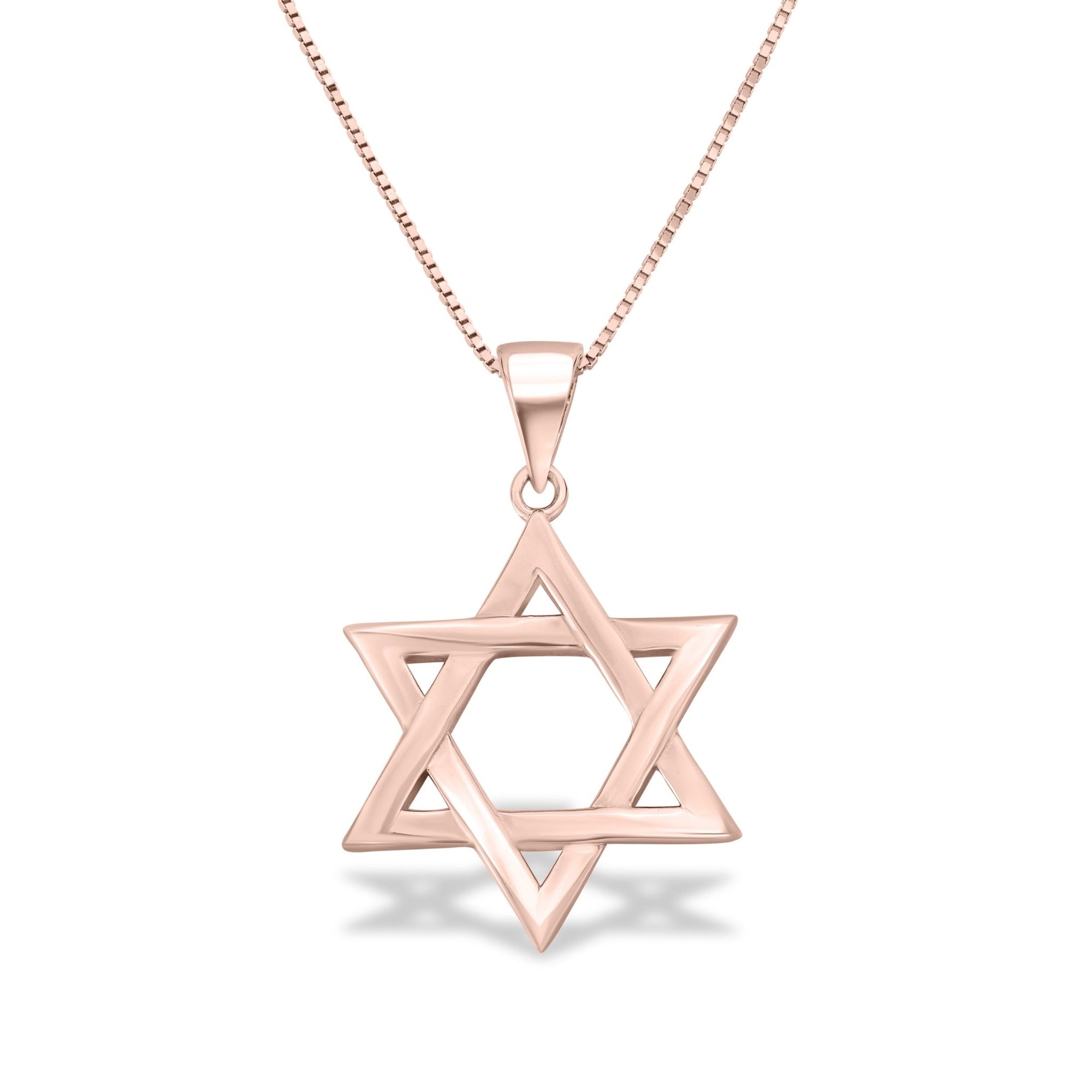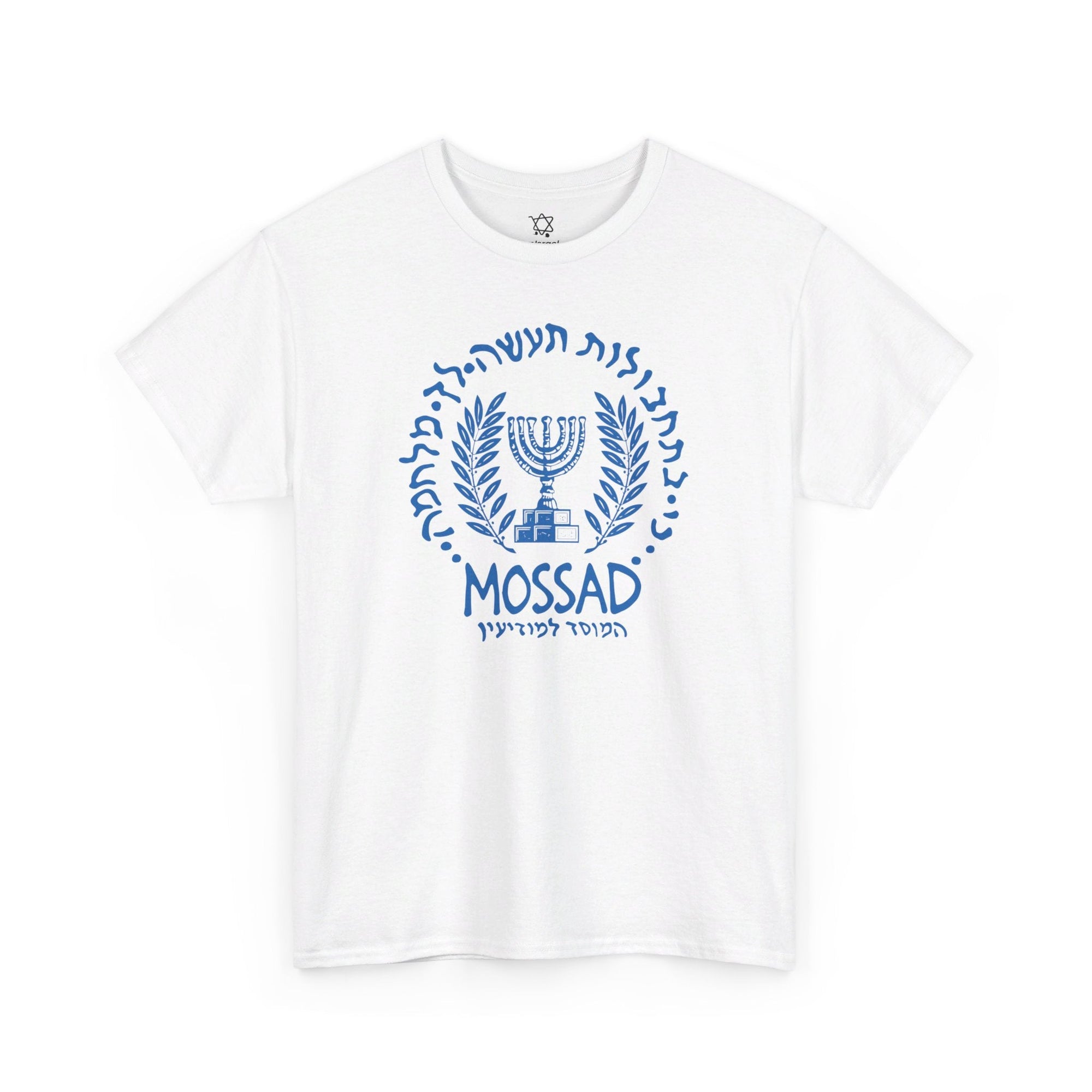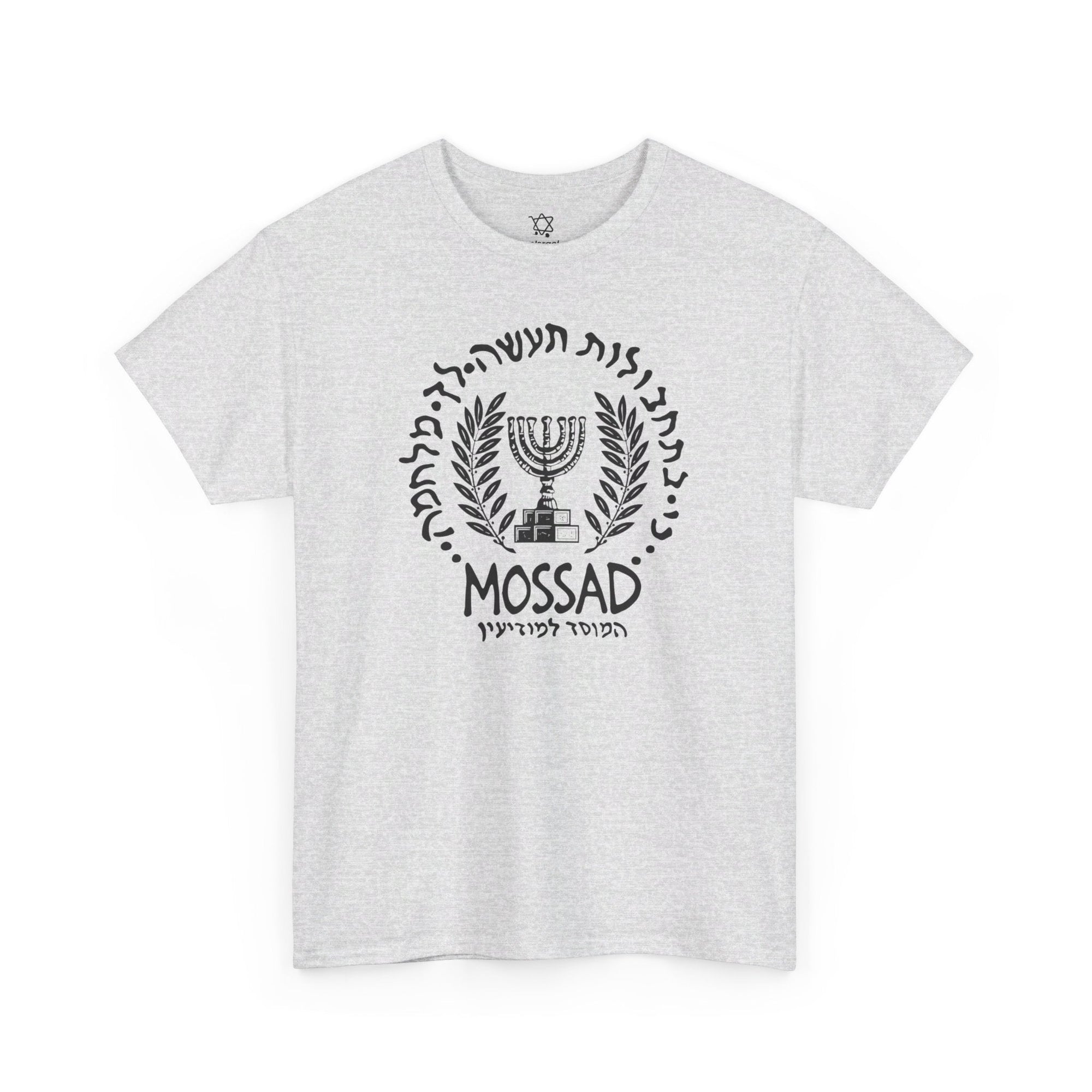Key Takeaways
- Moon Jae-in, as the former President of South Korea, has engaged with Israel primarily through diplomatic channels, including meetings with Israeli leaders during state visits.
- His public statements on Israel have been largely neutral, focusing on broader geopolitical issues rather than specific advocacy for or against Israel.
- Moon Jae-in's political stance on Israel is influenced by South Korea's strategic interests and its relationship with the United States, rather than overt support or criticism.
Has Moon Jae-in Engaged with Israel Directly?
Moon Jae-in's direct engagement with Israel has been limited to official diplomatic interactions. While he has not visited Israel personally, he has met with Israeli leaders during their visits to South Korea.
- Moon Jae-in met with Israeli President Reuven Rivlin during Rivlin's official visit to South Korea in 2019. This meeting highlighted the growing diplomatic ties between the two countries.
- There are no recorded personal connections or historical efforts by Moon Jae-in to establish personal ties with Israeli communities beyond official diplomatic channels.
Has Moon Jae-in Expressed Opinions on Israel?
Moon Jae-in's public commentary on Israel has been sparse and largely neutral. His focus has been more on broader geopolitical issues, such as peace efforts on the Korean Peninsula and South Korea's relationship with the United States.
- There are no notable statements or interviews where Moon Jae-in has specifically addressed the Israel/Palestine conflict or expressed a clear stance on Israeli affairs.
- Moon Jae-in has participated in discussions related to international peace and security, but these have not specifically focused on Israel.
What Is Moon Jae-in’s Stance on Politics and Israel?
Moon Jae-in's political perspective is shaped by South Korea's strategic interests, including maintaining good relations with the United States and navigating the complex dynamics of the Korean Peninsula.
- Moon Jae-in's overall political alignment is centered on promoting peace and stability in the region, which aligns with South Korea's broader foreign policy goals rather than taking a specific stance on the Israel/Palestine conflict.
- Moon Jae-in has not made public statements explicitly supporting or criticizing Israel. His approach has been to maintain diplomatic neutrality while focusing on regional peace initiatives.
Community Engagement and Advocacy
Moon Jae-in's community engagement and advocacy efforts have primarily focused on domestic issues and regional peace initiatives rather than specific causes related to Israel.
- There is no record of Moon Jae-in undertaking charitable or advocacy work specifically involving Israel.
- His collaborative efforts have been more aligned with international organizations and regional partners rather than specific Israeli organizations or events.
Cultural Impact Related to Israel
Moon Jae-in's influence on cultural perceptions or engagements with Israel is minimal, as his focus has been more on regional and domestic issues.
- There are no notable cultural contributions or endorsements by Moon Jae-in that have resonated specifically in Israel.
- Moon Jae-in's influence aligns more with promoting cultural exchange and understanding within the Asian context rather than impacting local Israeli cultural initiatives.
Conclusion: Moon Jae-in's Relationship with Israel
In summary, Moon Jae-in's relationship with Israel is characterized by diplomatic neutrality and a lack of direct engagement beyond official meetings. His focus has been on broader geopolitical issues, particularly peace efforts on the Korean Peninsula. The question of whether Moon Jae-in supports Israel is not clearly answered by his actions or statements, as he has maintained a neutral stance. This neutrality reflects South Korea's strategic interests and its relationship with the United States, rather than any specific advocacy for or against Israel.
